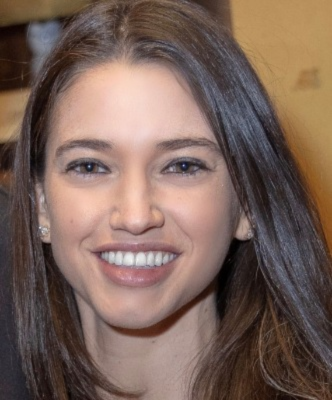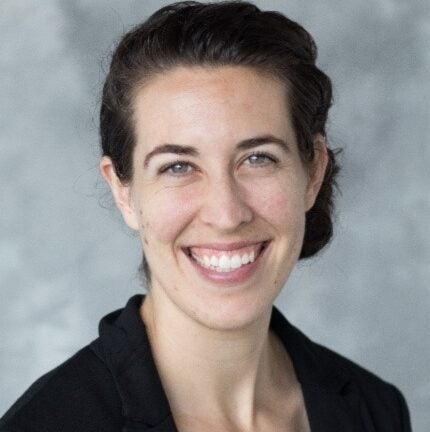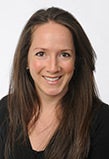
Studying the common questions but from different lenses to deliver fresh insights.
What’s new at CCF?
Research Publications
Explore our members research.
Collaborations and events
Learn about our collaborations and events.
Members in the News
Check out news our members have been featured in.
“The family is both a springboard for policy debate and a crucial resource for social resilience in a changing world”
Check out some ways to support the USC Center for the Changing Family!

Featured Members
Check some of our featured members of Spring 2023!
Susanna Mage
Susanna Mage (Suzy) is a fourth-year PhD candidate at the USC Leonard Davis School of Gerontology. She currently works under the direction of Dr. Kate Wilber in the Secure Old Age Lab. Being a caregiver herself, Suzy is dedicated to a career seeking policy-oriented and culturally-relevant solutions to best support caregivers for the elderly.
Learn more about her project:
“Helping Latinx families reduce out-of-pocket elder caregiving costs”

Emily Campi
Emily Campi is a fourth-year PhD candidate at the University of Southern California Mrs. T.H. Chan Division of Occupational Science and Occupational Therapy. She is a researcher associated with the insp!re (Innovations in Neurodevelopmental Sensory Processing Research) Lab. As a licensed occupational therapist with school-based clinical experience, Emily is committed to applied research that develops early screening tools and effective intervention for infants with risk factors for suboptimal development.
Learn more about how she uplifts community voices to support parent practices.

Amy West
Dr. Amy West is a Professor in the Department of Pediatrics at Children’s Hospital Los Angeles (CHLA) and the Keck School of Medicine at USC. One area of her research aims to fill a critical gap in meeting the unique mental health needs of Hispanic immigrants with the ultimate goal to prevent mental health disorders (i.e., depression, and anxiety). In addition to this, and other research she conducts, Dr. West provides mentorship to graduate students, trainees, and junior faculty, and also has a small clinical practice through our CHLA Community Mental Health Program to treat youth with mood and anxiety disorders.
Learn more about her project:
“A Qualitative Feasibility Study of the La Monarca Group Therapy Program for Crisis Migrant Youth and Caregivers”

Sign up for our newsletter!
Fill out the form below to receive our monthly newsletter and blog.




